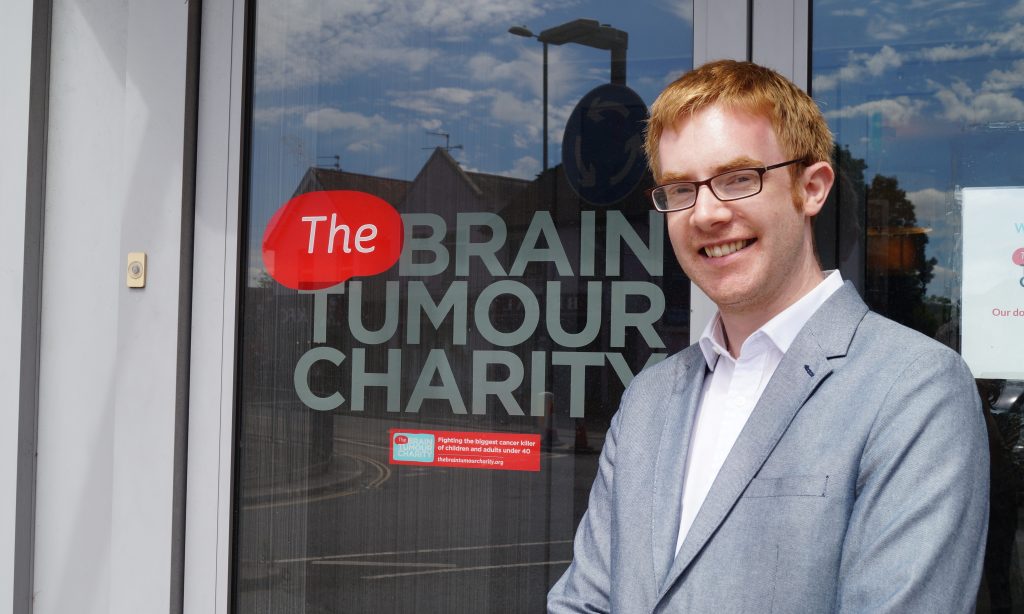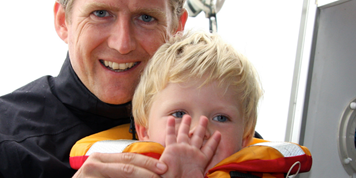The Everest Centre
Fast facts
- Official title: The Everest Centre for Research into Paediatric Low Grade Brain Tumours
- Lead researcher: Dr David Jones
- Locations: DKFZ, Heidelberg, Germany; UCL, London, UK; QMUL, London, UK
- When: August 2022 to July 2027
- Cost: £5 million over a period of 5 years
- Research type: Paediatric, Low Grade, Quality of Life
What is it?
Located across three institutions, the Everest Centre for Research into Paediatric Low Grade Brain Tumours is a groundbreaking international research initiative bringing together experts from Germany and the UK.
Led by Dr David Jones, the research aims to propel our understanding and improve treatment for low grade brain tumours, which can often cause severe long-term health problems and in some cases can be fatal.
The international team will focus on four interrelated streams of research:
1. Next-generation Molecular Diagnostics & Omics Profiling
Key researchers: Dr Tom Jacques, University College London, UK; Dr David Capper, Charité Universitätsmedizin, Berlin; Dr David Jones, German Cancer Research Centre, Germany; Prof Felix Sahm, University Hospital, Heidelberg
Low grade brain tumours can be caused by various changes to an individual’s genetic code. The research team will explore cutting-edge methodologies and harmonise diagnostic practices to improve diagnostic precision and provide comprehensive genetic profiles of low-grade brain tumours. This will help to improve the standard-of-care and hopefully lead to advances in treatment for children with brain tumours.
2. Understanding and Targeting the MAPK Pathway and Response to Treatment
Key researchers: Dr David Jones, German Cancer Research Centre, Germany; Prof Till Milde, German Cancer Research Centre, Germany; Prof Denise Sheer, Queen Mary University, London UK.
In the first phase of EVEREST, the team made significant advances in developing model systems to study the MAPK pathway. Using these models, the team will further study the disruption of the MAPK signalling network in low-grade brain tumours. They will also investigate treatments targeting this network and study the mechanisms of resistance which will help identify new therapies, specifically combination therapies.
3. Tumour Microenvironment and Oncogene-induced Senescence
Key researchers: Prof JP Martinez-Barbera, University College London, UK; Prof Denise Sheer, Queen Mary University London, UK; Prof Stephan Pfister, German Cancer Research Centre, Germany; Prof Till Milde, German Cancer Research Centre, Germany.
The growth environment of low-grade brain tumours is of great importance, especially as the immune system plays a vital role in regulating rumour growth via what’s known as the “oncogene-induced senescence” mechanism. This mechanism suppresses tumour growth and could lead to clinical research into a new form of treatment.
4. LOGGIC/EPILOGUE Clinical Trial Support and Digital QoL Assessment
Key researchers: Prof Olaf Witt, German Cancer Research Centre, Germany; Dr Darren Hargrave, Great Ormond Street Hospital, UK.
As part of this programme, the researchers will continue to support biomarker identification and validation through the international LOw Grade Glioma In Children (LOGGIC) Core BioClinical Databank. They will also develop a new trial to test novel combination treatments targeting the MAPK Pathway, senescent cells or other targets identified.
Why it is important?
Low grade brain tumours account for about half of all paediatric brain tumours. Yet they’re often neglected in favour of their more malignant counterparts. But the often chronic nature of low grade brain tumours means they can have a lifelong burden for those affected. Symptoms of the tumour, along with the side-effects of treatment, and the constant threat of multiple tumour recurrences over long periods of time, can have a severe, negative effect on quality of life. This must change and Dr Jones’s research is helping accelerate progress.
Who will it help?
Low grade brain tumours are the most common childhood primary brain tumour. Children with this tumour can go through many rounds of treatment, including surgery, chemotherapy, and radiotherapy. This often has a profound long-term effect on their health and wellbeing.
This research will help these children and their families by finding tailored treatments that could improve their quality of survival, helping us to halve the harm that brain tumours have.
The story behind The Everest Centre
Toby Ritchie was diagnosed with a low grade brain tumour at the age of five. In 2015, his dad – Rob – led a unique and physical demanding challenge – Everest in the Alps – to raise money for The Brain Tumour Charity. The team raised an incredible £3m which has been put towards The Everest Centre.
We are thrilled that the money raised through Everest in the Alps is being used to establish The Everest Centre. This pioneering research will allow scientists to accelerate progress towards finding more effective treatments for the disease and could be revolutionary in improving the lives of children living with low grade tumours.
Rob Ritchie
Research is just one other way your donation can make a difference
Your donation could help fund the following equipment Dr Jones uses for his research:
- Pipet: £250
A tool used in the laboratory to measure and transport accurate volumes of liquid. - Gel Chamber: £530
A device that helps separate pieces of DNA that are different in length. - Vortex: £220
A device used in laboratories to mix small vials. - Eppendorf Tube Box: £4
A box to store small lab equipment. - DNA Quantification Device: £1300
A device used to measure the amount of DNA in small samples.
In this section

Group leader Dr David Jones will be working closely with researchers in both London and Germany. They aim to make new discoveries about low grade brain tumours and translate them into new clinical treatments

